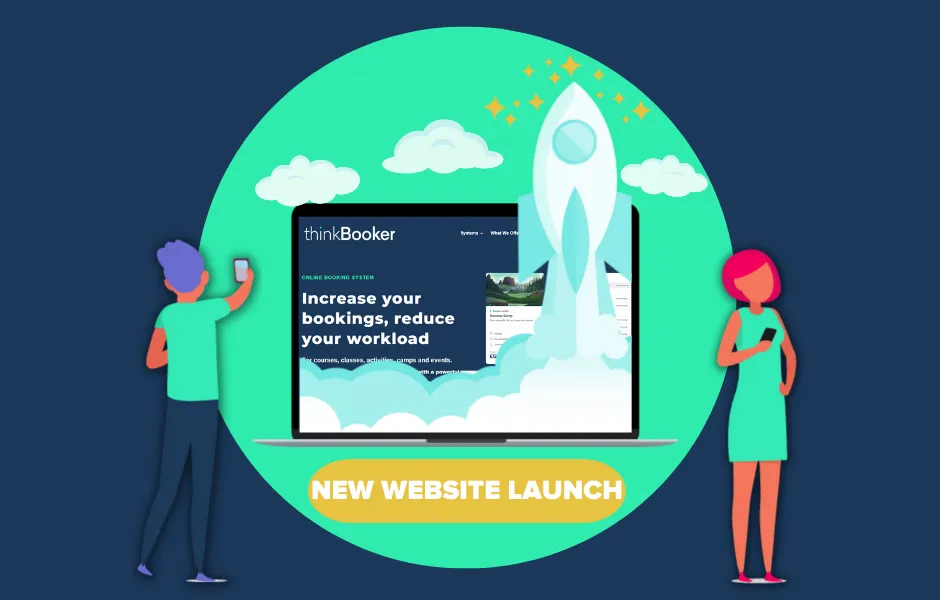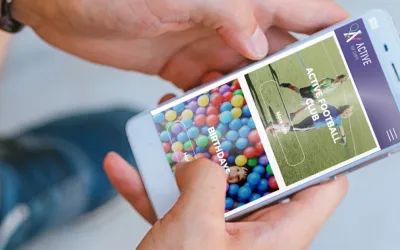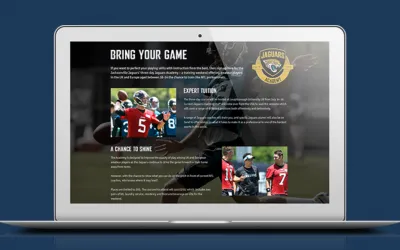Personalisation is by no means a new concept when it comes to providing the levels of customer experience and service that meets expectations.
But it’s a concept that has never had higher commercial importance.
Business and commerce are much-altered landscapes. Sales processes, booking journeys and customer engagements flow between different channels, online and off; and the ubiquity of digital technology that’s allowing the rise of new competitors to invade your sector. Tech start-ups laying the gauntlet down to traditional powerhouses in industries as diverse as finance, insurance, retail, travel and sport.
It’s an environment in which businesses and organisations are having to fight to retain clients and maintain market share. And an environment where service and experience reigns supreme.
I suspect that most of us, intuitively understand that personalised customer experience is a desirable trait for any business to provide. It helps the cultural perception, that’s for sure.
But what about the commercial benefits?
My Own Experience of Customer Personalisation

Many years ago, I spent a year on the campus of a New England University. Within the shopping village on the campus, there was a deli that sold ‘international cuisine’.
In Liverpool, the other city of my Higher Education years, that same cuisine was referred to as a doner kebab.
“You like hot sauce?”, the owner said to me, as I entered the establishment for the very first time.
I told him that I did. He proceeded to dip a piece of pita bread into a sauce that looked a little bit like bottled lava and handed it to me.
“Try,” he said.
I tried.
And then, if memory serves, I burst into tears, as my tongue seemed to burst into flames.
“This not for you,” the owner said, handing me a glass of water. As he prepared a dish more suited to my palette he enquired how a shy British lad ended up on an American campus. He asked about my favourite football team, told me about his (Juventus), and about his brother who lived in Manchester.
Each time I returned (which was often, it must be said), the owner would offer me another delicacy.
“Don’t worry,” he’d say, “Not too hot for you”.
And he’d comment about the weekend’s results of our football teams.
On the day I was returning to the UK, he took a photo of me, my friend, and him (it was pre-digital cameras), that he was going to put on his so-called ‘Wall of Fame’ and presented me with my favourite kebab, free of charge.
It’s a shopping / dining experience that I recall with fondness and clarity, almost a quarter of a century later.

The Emotional Pull
This is a fairly localised and small-scale example of the emotional impact that personalised customer experience can have. But it would be folly to dismiss this as nothing more than a warm and fuzzy aspect of the retail environment, without understanding the commercial value at play.
Emotion is a powerful thing in the sales process.
It is, according to neuro-scientific study, our emotional responses that invariably dictate a decision to buy.
When we personalise the experience and the service we provide our customers, we are helping elicit a positive emotional response, that feeds into the subconscious decision to buy your product.
Customer Personalisation Breeds Brand Loyalty and Repeat Business
As the old adage goes, “Make new friends, but keep the old. One is silver, the other gold”. In other words, acquiring new customers is more costly than retaining current customers.
It makes sense, then that building brand loyalty and maintaining high levels of customer retention and repeat business ought to rank high in your commercial priorities.
Given that 44% of consumers suggest that a personalised customer experience, for example, will encourage their loyalty to that retailer, doesn’t it make sense to invest in your technology and processes, to ensure that you can deliver this to the maximum effect?
Each customer is different, with different likes, wishes and purchasing triggers. Providing your customers with information that helps them understand these personal factors, can be a powerful tool when it comes to retaining the customer in the face of a tsunami of competition.

Personalisation by Numbers
- 76% of customers count personalised offers based on buying history is important (Loyalty One)
- 80% of consumers indicated they are more likely to do business with a company if it offers personalized experiences (Epsilon)
- X3 times– the frequency a consumer will shop with a company who excels in delivering personalised experiences (Epsilon)
- 90% of consumers will agree to brands retaining personal information if helps provide a positive shopping experience (Episerver)
- 49% of consumers admit to ‘impulse’ purchases based on personalised service (Market Wired)
- 40% of consumers admit to spending more than planned based on a positive personal customer experience. (Forbes)
At thinkBooker, we specialise in online booking systems for training courses, classes, activities and events – optimised for efficiency, growth and ongoing client satisfaction.
Browse the site to learn more about course booking systems, sports booking systems, event booking systems and more, or get in touch directly to find out how we can help you.



